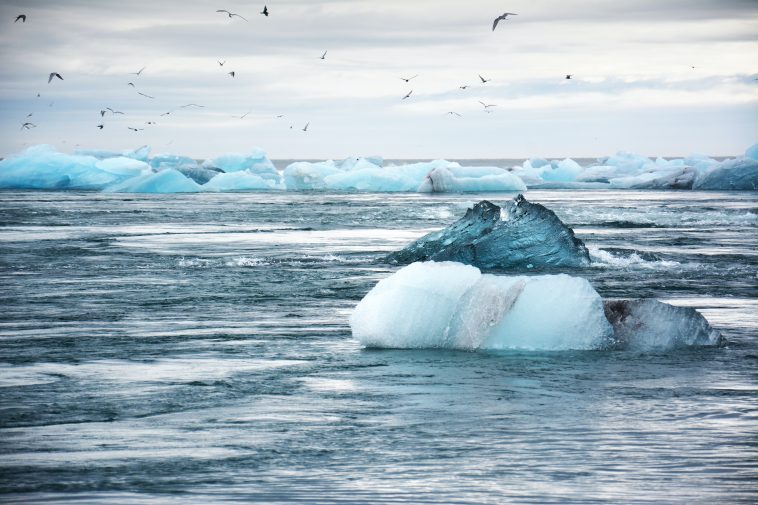Former CNN correspondent Zain Verjee and Grammy award-winning director Matthew Miguel Cullen have teamed up to transform the narrative on climate change’s impact in Africa with their pioneering artificial intelligence (AI) film, Ndoto.
This film aims to showcase the stark realities of climate change in Africa, steering clear of typical stereotypes. In the past three years, the continent has endured catastrophic events like floods in Nigeria and Mali, the Sahara encroaching into the Sahel, and a devastating drought in the Horn of Africa. These calamities have not only led to significant loss of life and property but also displaced 1.5 million people and resulted in the death of 13 million livestock due to the Horn of Africa’s drought alone.
Despite contributing a mere 3% to global greenhouse gas emissions, a fraction of China’s output, Africa is disproportionately affected by climate change. Verjee, speaking to TechCabal, emphasized the urgency of this issue, calling it “the most important topic of our generation and an existential threat to humanity.”
The movie, completed in just a week, presents a stunning yet heart-wrenching portrayal of the impacts of climate change. It features images of children and African landscapes, illustrating the serious implications of this global issue while avoiding clichéd representations of Africa. “My aim was to depict this in a manner that emphasizes fragility, beauty, and above all, the human element at the core of the film,” explained Cullen.
The movie was produced using Runway ML, an AI-powered video creation tool, alongside a custom software developed by Mirada Studios. This studio was established by Cullen and Guillermo del Toro, known for directing movies like “Pacific Rim” and “The Shape of Water”. Through these advanced AI technologies, thousands of images were generated, with only a select few being used in the final cut of “Ndoto”.
In a conversation with TechCabal, Verjee explained the preference for AI in filmmaking. She highlighted that it offers an accessible platform for Africans to weave their creative narratives. “We have the capability to craft something truly stunning,” Verjee remarked.
The use of AI enabled the rapid and cost-effective creation of “Ndoto”. Verjee, who has explored over twenty African countries, observed, “Ndoto essentially serves as a tangible demonstration that remarkable work can be accomplished, surpassing many conventional filmmaking barriers, through the synergy of algorithmic precision and human creativity.”
Verjee explained to TechCabal the decision to utilize artificial intelligence in their work, emphasizing their aim to highlight the effects of climate change in Africa from a perspective that avoids a catastrophic narrative.
Previously, the duo had collaborated on a film titled “Unstoppable Africa,” which was showcased at the United Nations General Assembly. This earlier project featured contributions from Grammy Award-winning artist Angelique Kidjo and Nigerian singer Mr Eazi.
In addition to these film projects, Verjee is developing Wanja, an AI chatbot. This chatbot is being created with data from The Rundown, a modern media academy co-founded by Verjee. The technology behind Wanja is based on retrieval augmented generation, a method pioneered by researchers at Meta AI. Although Wanja is not yet publicly available, TechCabal’s testing indicates that the chatbot possesses extensive knowledge about African climate, sports, and the creative sector.
Verjee describes Wanja as an endeavor to reshape African storytelling. This is achieved by granting a large language model access to well-researched, authoritative, and specifically curated datasets, ensuring the stories told are powerful, authentic, and credible.





